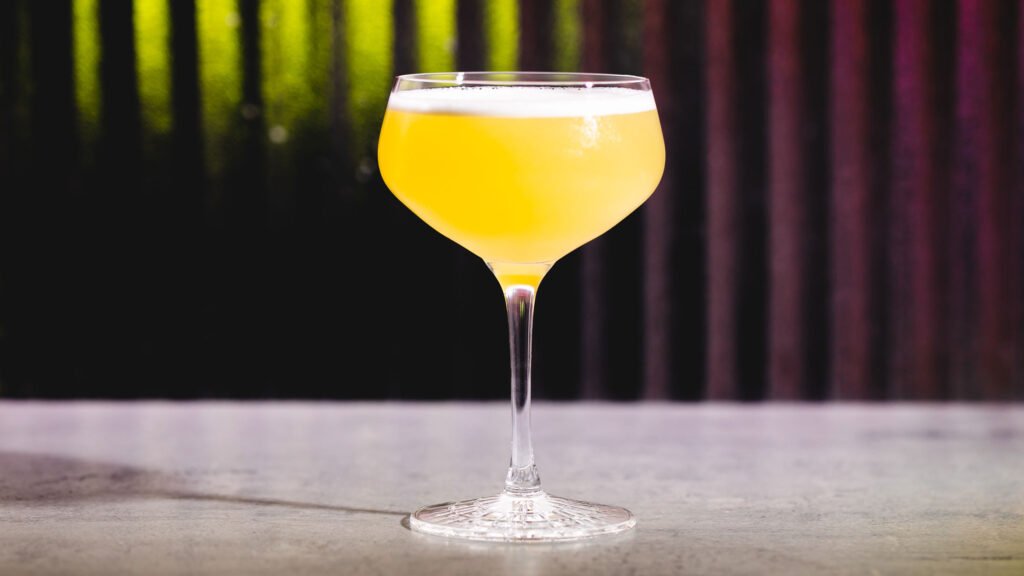[ad_1]
In 2023, greater than 400 manufacturers of mezcal had been exported from Mexico. That doesn’t embody the rising variety of producers who’re selecting to not certify their spirits, usually labeling them “destilados de agave” (“distillates of agave”) as an alternative. With so many choices coming into the market, determining which producers to hunt out to be able to help financial, environmental and social justice in a class going through elevated industrialization (and the troublesome points that include it) can really feel like an unattainable process.
To assist, we’ve compiled a listing of manufacturers which are setting a robust instance of greatest practices for others to observe. A lot of them are producer-owned, whereas others supply from a wide range of producers however have initiatives in place to encourage constructive environmental and financial practices and the preservation of regional customs. There are, after all, loads of different nice producers making unimaginable mezcal on this vein, however take into account this record—most of that are extensively out there throughout america—a robust start line.
The Ángeles Carreño household has been making mezcal for the reason that 1800s, however the U.S. obtained its first style in 2015 when the model entered the nation by means of Heavy Métl imports. Each single-variety and ensamble expressions are made in line with regional customs—in Santa Catarina Minas, Oaxaca, it’s conventional to distill in clay pots, an ancestral methodology that creates a distinctly smooth texture and slight mineral taste. Their household operation, Actual Minero, can be identified for its sturdy nursery, the place maguey vegetation (extra generally identified in English as agave) are grown from seed to put a robust basis for biodiversity sooner or later, and for Graciela Ángeles’ advocacy for girls in mezcal by way of the Mujer Agave group. Ángeles was additionally behind the model’s determination to cease certifying its merchandise, as a political assertion and a way of preserving custom.
Mezonte is a nongovernmental group that helps the cultural preservation of agave spirits in Mexico. Began by Pedro Jiménez in 2008, it’s the title of each Guadalajara’s premier agave spirits tasting room and a business model that includes historically made distillates from throughout the nation (with a concentrate on Jalisco and Michoacán). Jiménez works tirelessly to teach drinkers concerning the significance of preserving heritage strategies by touring the worldwide pageant and convention circuit; the distillates that enter the U.S. by way of the Mezonte label supply their very own particular schooling within the vibrancy and variety of flavors and aromas that come from agave spirits made with an eye fixed in the direction of heritage.
Banhez is among the business manufacturers exported from the Unión de Productores Agropecuarios del Distrito de Ejutla de Crespo (UPADEC) in San Miguel Ejutla, Oaxaca. Owned and operated by a co-op of greater than 35 farmers and producers, the group was created in 2005 by former Ejutla mayor Francisco Javier Perez to develop entry to mezcal manufacturing all through the area people. The regional custom requires a refrescadora nonetheless, which is designed in a different way than the normal alembic or filipino stills, and consequently it creates a mezcal that’s lighter in physique and taste. Different manufacturing practices observe the rules for artisanal classification. Banhez’s flagship expression, a mix of espadín and barril magueys, is a stunning gateway into the class for brand spanking new drinkers.
Luis Loya, initially from Chihuahua, began the Nación de las Verdes Matas challenge as a approach to shine a lightweight on conventional manufacturing happening in Mexico’s northern states, together with Sonora, Durango, Nuevo León and Tamaulipas. Lamata (previously Amormata) is the title given to the road of unbiased spirits born of this challenge. As a result of a few of these states are exterior of the denomination of origin for mezcal, you’ll see them labeled as “agave spirits,” and on account of their conventional nature, most of the U.S. releases are restricted, made in batches that vary from 40 to 200 liters.
The García household legacy of distilling mezcal stretches again six generations within the state of Oaxaca. Judah Kuper married into the household and helped launch the official Vago model in 2013. As we speak, 4 producers create spirits from a wide range of maguey sorts, utilizing solely conventional strategies. One of many extra notable expressions, Vago Elote, is made with toasted heirloom corn added to the second distillation. Vago producers are dedicated to planting and cultivating magueys to make sure a gentle provide; additionally they deal with and compost waste from the distillation course of and repurpose post-distillation maguey fibers into bottle labels.
Most agave spirits followers know Jalisco because the land of tequila and raicilla, however different distillates are made throughout the state too, even in areas that aren’t coated by the official denominations. That’s the case with Chacolo, from the Partida household, who has been making agave spirits according to the regional customs of Zapotitlán de Vadillo for 5 generations. In a state the place the overwhelming majority of magueys planted are the blue Weber selection (for tequila manufacturing), the Partida household grows 15 completely different varieties with out the usage of herbicides or pesticides to advertise higher biodiversity.
Rezpiral is a spirits challenge launched by proprietor Alex White in 2014 with the aim of supporting conventional manufacturing. White goes the additional mile to financially help the producers he sources from by sending 30 p.c of earnings again to mezcaleros to assist finance every thing from primary manufacturing must help with land conservation and reforestation initiatives. Rezpiral can be one of many solely manufacturers to characteristic feminine mezcaleras—particularly, Berta Vasquez and Reina Sánchez in San Baltazar Chichicapam and Lachigüiso, respectively.
In 2020, a bunch of 4 producers from Chilapa, Guerrero—a few of whom have been making mezcal for greater than 40 years—separated from the Sanzekan Tinemi co-op and mixed forces to launch the Aguerrido line of spirits. With a reputation that interprets to “courageous” in English as a nod to the obstacles of getting mezcal to market in a state that’s traditionally probably the most harmful within the nation, every mezcalero makes heritage mezcal in the same method, utilizing primarily cupreata, although different magueys are additionally harvested for distillation as nicely.
Erick Rodríguez has lengthy been educating drinkers concerning the world of conventional mezcal by way of his appointment-only tasting room in Mexico Metropolis. With the Pal’Alma line (the export model from his label Almamezcalera) he’s additionally bottling a number of the most intensely lovely distillates and sending them to the U.S. Rodríguez usually offers solely in small-batch treasures from states exterior of Oaxaca to emphasise the huge variety of manufacturing strategies and customs that exist inside the class. For these trying to higher perceive the complexities surrounding conventional manufacturing, his Instagram feed is a good useful resource.
What began as the home mezcal for El Destilado restaurant in Oaxaca Metropolis developed into an export model in 2017. Proprietor Jason Cox has cultivated long-standing relationships with a core lineup of producers in Oaxaca and Puebla throughout his time dwelling in Mexico. With Cinco Sentidos, he pays above market value for batches and doesn’t stress producers to fulfill sure quantity calls for; it’s fully as much as the producers how a lot they select to make and promote. Cox additionally carried out a ten p.c profit-sharing program to assist producers put money into every thing from primary private must land and distillery infrastructure.
[ad_2]


